Explore the biography of William Wordsworth, a pioneer of the Romantic movement. Discover his inspiring biography, timeless poems, and memorable quotes that celebrate nature, emotion, and the human spirit. Explore William Wordsworth’s Life, Poems by William Wordsworth and his famous quotes.
William Wordsworth, one of the most influential poets of the Romantic era, revolutionized English poetry with his deep appreciation for nature, emotion, and the simplicity of everyday life. His works, filled with vivid imagery and profound philosophical reflections, continue to inspire readers across generations. From his early struggles and love for the natural world to his groundbreaking collaboration with Samuel Taylor Coleridge in Lyrical Ballads, Wordsworth’s journey is a testament to the enduring power of poetry. This blog explores his life, famous poems, and memorable quotes that capture his literary genius.
William Wordsworth | A Life in Poetry

Biography of William Wordsworth
William Wordsworth, a pioneering figure of the English Romantic movement, was born on April 7, 1770, in Cockermouth, Cumberland, England. His father, John Wordsworth, served as a legal representative for Sir James Lowther, later the Earl of Lonsdale. Wordsworth’s early life was marked by hardship, especially after his father’s passing in 1778, which left the family in financial difficulties. Despite these challenges, he pursued education diligently, attending Hawkshead Grammar School before enrolling at St. John’s College, Cambridge, in 1787.
In 1790, Wordsworth embarked on a European tour with his friend Robert James, an experience that deepened his love for nature and philosophical thought. The following year, after graduating, he traveled to France, where he was deeply moved by the French Revolution’s ideals of liberty and equality. He initially supported the movement with enthusiasm, famously capturing this sentiment in the lines:
“Bliss was it in that dawn to be alive,But to be young was very heaven.”
However, as the revolution turned increasingly violent, Wordsworth became disillusioned and returned to England in 1792.
In 1795, a financial inheritance from his friend Raisley Calvert allowed Wordsworth to focus entirely on poetry. He and his sister, Dorothy Wordsworth, moved to Racedown Lodge, Dorset, where she played a crucial role in shaping his poetic vision. In 1797, they relocated to Alfoxden House in Somerset and formed a deep friendship with poet Samuel Taylor Coleridge. Their collaboration resulted in Lyrical Ballads (1798), a groundbreaking collection that redefined English poetry. The volume, which included Coleridge’s The Rime of the Ancient Mariner, introduced Wordsworth’s philosophy of poetry—emphasizing simple language and themes drawn from everyday life.
Later in 1798, Wordsworth, Dorothy, and Coleridge traveled to Germany, where he continued writing prolifically. Upon returning to England, he and Dorothy settled in Grasmere in 1799, a place that became central to his life and poetry. In 1802, he married Mary Hutchinson, a childhood friend, and their relationship was marked by deep affection. His admiration for her was immortalized in his poem She Was a Phantom of Delight.
The early 19th century saw Wordsworth produce some of his most significant works. In 1805, he completed The Prelude, an autobiographical poem exploring his intellectual and spiritual growth, though it was published posthumously in 1850. Other notable works from this period include The Excursion (1814), a philosophical meditation on nature and human existence, and The White Doe of Rylstone (1815), a narrative poem interwoven with history and legend.
Wordsworth’s reputation grew steadily, earning him numerous accolades. In 1813, he moved to Rydal Mount, where he lived for the rest of his life. Through the influence of the Earl of Lonsdale, he was appointed Distributor of Stamps for Westmorland, providing financial stability while allowing him time to write. His later works included Ecclesiastical Sketches (1822) and Yarrow Revisited (1835).
In 1843, Wordsworth was appointed Poet Laureate of England, succeeding Robert Southey. Although he wrote little in this role, the honor solidified his legacy as one of England’s greatest poets. His later years were overshadowed by personal sorrow, particularly the death of his beloved daughter, Dora, in 1847. Deeply affected, he withdrew from public life, and his health declined.
William Wordsworth passed away on April 28, 1850, at the age of 80. He was laid to rest in the serene churchyard of St. Oswald’s Church, Grasmere, beside his daughter. His poetry, characterized by its profound reverence for nature and humanity, continues to inspire readers worldwide, securing his place as a foundational figure in English literature.
Poems by William Wordsworth
- Lines written as a School Exercise
- Extract from the Conclusion of a Poem (1815)
- Written in very Early Youth (1807)
- An Evening Walk (1793)
- Lines Written While Sailing in a Boat at Evening (1798)
- Remembrance of Collins (1798)
Poems of William Wordsworth- Year 1790–1799
- Descriptive Sketches (1793)
- Guilt and Sorrow; or, Incidents upon Salisbury Plain.
- Female Vagrant (1798)
- Lines (2) (1798)
- The Reverie of Poor Susan (1800)
- When Love was born of heavenly line (1795)
- 1798: A Night-Piece (1815)
- We are Seven (1798)
- Anecdote for Fathers (1798)
- The Thorn (1798)
- Goody Blake and Harry Gill (1798)
- Her eyes are Wild (1798)
- Simon Lee (1798)
- Lines written in Early Spring (1798)
- To my Sister (1798)
- A whirl-blast from behind the hill (1800)
- Expostulation and Reply (1798)
- The Tables Turned (1798)
- The Complaint of a Forsaken Indian Woman (1798)
- The Last of the Flock (1798)
- The Idiot Boy (1798)
- Lines (1798)
- The Old Cumberland Beggar (1800)
- Animal Tranquillity and Decay (1798)
- Peter Bell (1819)
- The Simplon Pass (1845)
- Influence of Natural Objects (1809)
- There was a Boy (1800)
- Nutting (1800)
- A Poet’s Epitaph (1800)
- Address to the Scholars of the Village School of —— (1841)
- Matthew (1800)
- The two April Mornings (1800)
- The Fountain. (1800)
- To a Sexton
- “Let thy wheel-barrow alone–“
- The Danish Boy (1800)
- Lucy Gray; or, Solitude
- “Oft I had heard of Lucy Gray:”
- Ruth (1800)
- Written in Germany, on one of the coldest days of the Century (1800)
Poems of William Wordsworth- Year 1800–1809
- The Brothers (1800)
- Michael. A Pastoral Poem (1800)
- The Idle Shepherd-boys; or, Dungeon-Ghyll Force. (1800)
- The Pet-lamb (1800)
- I (1800)
- II (1800)
- III (1800)
- IV (1800)
- V (1800)
- The Waterfall and the Eglantine (1800)
- The Oak and the Broom (1800)
- Hart-leap Well (1800)
- Tis said, that some have died for love (1800)
- The Childless Father (1800)
- Song for The Wandering Jew (1800)
- Rural Architecture (1800)
- Ellen Irwin; or, The Braes of Kirtle (1800)
- Andrew Jones (1800)
- The Two Thieves; or, The Last Stage of Avarice (1800)
- A Character (1800)
- For the Spot where the Hermitage stood on St. Herbert’s Island, Derwentwater (1800)
- Written with a Pencil upon a Stone in the Wall of the House (An Outhouse), on the Island at Grasmere. (1830)
- Written with a Slate Pencil upon a Stone, the Largest of a Heap lying near a Deserted Quarry, upon one of the Islands at Rydal (1800)
- The Sparrow’s Nest (1807)
- 1801 (1815)
- The Prioress’ Tale (from Chaucer) (1820)
- The Cuckoo and the Nightingale (from Chaucer) (1841)
- Troilus and Cresida (from Chaucer) (1841)
- The Sailor’s Mother (1807)
- Alice Fell; or, Poverty (1807)
- Beggars (1807)
- To a Butterfly (first poem) (1807)
- The Emigrant Mother (1807)
- My heart leaps up when I behold (1807)
- Among all lovely things my Love had been (1807)
- Written in March while resting on the Bridge at the foot of Brothers Water (1807)
- The Redbreast chasing the Butterfly (1807)
- To a Butterfly (second poem) (1807)
- Foresight (1807)
- To the Small Celandine (first poem) (1807)
- To the same Flower (second poem) Sequel to “To the Small Celandine”
- Resolution and Independence (1807)
- I grieved for Buonaparte (1807)
- A Farewell (1815)
- The Sun has long been set (1807)
- Composed upon Westminster Bridge, Sept. 3, 1802 (1807)
- Composed by the Sea-side, near Calais, August 1802 (1807)
- Calais, August 1802 (1807)
- Composed near Calais, on the Road leading to Ardres, August 7, 1802 (1807)
- Calais, August 15, 1802 (1807)
- IT is a beauteous evening, calm and free (1807)
- On the Extinction of the Venetian Republic (1807)
- The King of Sweden (1807)
- To Toussaint L’Ouverture (1807)
- Composed in the Valley near Dover, on the day of landing (1807)
- September 1, 1802 (1807)
- September, 1802, Near Dover (1807)
- Written in London, September 1802 (1807)
- London, 1802 (1807)
- Composed after a Journey across the Hambleton Hills, Yorkshire (1807)
- Stanzas written in my Pocket-copy of Thomson’s “Castle of Indolence” (1815)
- To H. C. Six years old (1807)
- To the Daisy (first poem) (1807)
- To the same Flower (second poem) sequel to “To The Daisy”
- To the Daisy (third poem) (1807)
- The Green Linnet (1807)
- Yew-trees (1815)
- Who fancied what a pretty sight (1807)
- It is no Spirit who from heaven hath flown (1807)
- Departure from the vale of Grasmere, August 1803 (I) (1827)
- At the Grave of Burns, 1803. Seven years after his death (II) (1842)
- Thoughts suggested the Day following, on the Banks of Nith, near the Poet’s Residence (III) (1842)
- To the Sons of Burns, after visiting the Grave of their Father (IV) (1807)
- To a Highland Girl (at Inversneyde, upon Loch Lomond) (V) (1807)
- Glen Almain; or, The Narrow Glen (VI) (1807)
- Stepping Westward (VII) (1807)
- The Solitary Reaper (VIII) (1807)
- Address to Kilchurn Castle, upon Loch Awe (IX) (1827)
- Rob Roy’s Grave (X) (1807)
- Sonnet. Composed at —— Castle (Degenerate Douglas) (XI) (1807)
- Yarrow Unvisited (XII) (1807)
- The Matron of Jedborough and her Husband (XIII) (1807)
- On Approaching Home After A Tour In Scotland, 1803 (XIV) (1815)
- The Blind Highland Boy. (XV) (1807)
- ()
- October 1803 (1807)
- There is a bondage worse, far worse, to bear (1807)
- October 1803 (2) (1807)
- England! the time is come when thou should’st wean (1807)
- October 1803 (3) (1807)
- To the Men of Kent (1807)
- In the Pass of Killicranky, an invasion being expected, October 1803 (1807)
- Anticipation. October 1803 (1807)
- Lines on the expected Invasion (1842)
- The Farmer of Tilsbury Vale (1815)
- To the Cuckoo (1807)
- She was a phantom of delight (1807)
- I wandered lonely as a cloud (1807)
- The Affliction of Margaret — (1807)
- The Forsaken (1842)
- Repentance. (1820)
- The Seven Sisters; or, The Solitude of Binnorie (1807)
- Address to my Infant Daughter, Dora (1815)
- The Kitten and Falling Leaves (1807)
- To the Spade of a Friend (An Agriculturist) (1807)
- The Small Celandine (third poem) (1807)
- At Applethwaite, near Keswick, 1804 (1842)
- From the same [Michael Angelo]. To the Supreme Being. (1807)
- Ode to Duty (1807)
- To a Skylark (1807)
- Fidelity (1807)
- Incident characteristic of a Favourite Dog (1807)
- Tribute to the Memory of the same Dog (in reference to “Incident characteristic…) (1807)
- To the Daisy (fourth poem) (1815)
- Elegiac Stanzas, suggested by a Picture of Peele Castle in a Storm, painted by Sir George Beaumont (1807)
- Elegiac Verses (1842)
- VI (1815)
- Louisa. After accompanying her on a Mountain Excursion (1807)
- To a Young Lady, who had been reproached for taking long Walks in the Country (1807)
- Vaudracour and Julia (1820)
- The Cottager to her Infant, by my Sister (1815)
- The Waggoner (1819)
- French Revolution (1809)
- Book First: Introduction—Childhood and School-time (1850)
- Book Second: School-time (continued) (1850)
- Book Third: Residence at Cambridge (1850)
- Book Fourth: Summer Vacation (1850)
- Book Fifth: Books (1850)
- Book Sixth: Cambridge and the Alps (1850)
- Book Seventh: Residence in London (1850)
- Book Eighth: Retrospect—Love of Nature Leading to Love of Man (1850)
- Book Ninth: Residence in France (1850)
- Book Tenth: Residence in France (continued) (1850)
- Book Eleventh: France (concluded) (1850)
- Book Twelfth: Imagination and Taste; How Impaired and Restored (1850)
- Book Thirteenth: Imagination and Taste; How Impaired and Restored (concluded) (1850)
- Book Fourteenth: Conclusion (1850)
- Character of the Happy Warrior (1807)
- The Horn of Egremont Castle (1807)
- A Complaint (1807)
- Stray Pleasures (1807)
- Power of Music (1807)
- Star-gazers (1807)
- Yes, it was the mountain Echo (1807)
- NUNS fret not at their convent’s narrow room, (1807)
- Personal Talk (1807)
- Admonition (1807)
- Beloved Vale! I said, “when I shall con (1807)
- How sweet it is, when mother Fancy rocks (1807)
- Those words were uttered as in pensive mood (1807)
- Lines (1807)
- With how sad steps, O Moon, thou climb’st the sky (1807)
- The world is too much with us; late and soon (1807)
- With Ships the sea was sprinkled far and nigh (1807)
- Where lies the Land to which yon Ship must go? (1807)
- To Sleep (1) (1807)
- To Sleep (2) (1807)
- To Sleep (3) (1807)
- Michael Angelo in reply to the passage upon his Statue of Night sleeping ()
- From the Italian of Michael Angelo (1807)
- From the Same of Michael Angelo
- To the Memory of Raisley Calvert (1807)
- Methought I saw the footsteps of a throne (1807)
- November 1806 (1807)
- Address to a Child (1815)
- Ode. Intimations of Immortality from Recollections of Early Childhood (1807)
- A Prophecy. February 1807 (1807)
- Thought of a Briton on the Subjugation of Switzerland (1807)
- To Thomas Clarkson, on the Final Passing of the Bill for the Abolition of the Slave Trade (1807)
- The Mother’s Return (1815)
- Gipsies (1807)
- O Nightingale! thou surely art (1807)
- To Lady Beaumont (1807)
- Though narrow be that old Man’s cares (1807)
- Song at the Feast of Brougham Castle (1807)
- The White Doe of Rylstone; or, The Fate of the Nortons (1815)
- The Force of Prayer; or, The Founding of Bolton Priory. (1815)
- Composed while the Author was engaged in Writing a Tract occasioned by the Convention of Cintra (1815)
- Composed at the same Time and on the same Occasion, as convention of cintra
- George and Sarah Green (1839)
- Tyrolese Sonnets I (1809)
- Tyrolese Sonnets II (1809)
- Tyrolese Sonnets III (1809)
- Tyrolese Sonnets IV (1809)
- And is it among rude untutored Dales (1809)
- O’er the wide earth, on mountain and on plain (1809)
- Tyrolese Sonnets V (1809)
- Hail, Zaragoza! If with unwet eye (1815)
- Say, what is Honour?–‘Tis the finest sense (1815)
- Tyrolese Sonnets VI (1815)
- Brave Schill! by death delivered, take thy flight (1815)
- Call not the royal Swede unfortunate (1815)
- Look now on that Adventurer who hath paid (1815)
- Is there a power that can sustain and cheer (1815)
Famous Quotes by William Wordsworth [Link]



Read and see more images in Famous Quotes by William Wordsworth

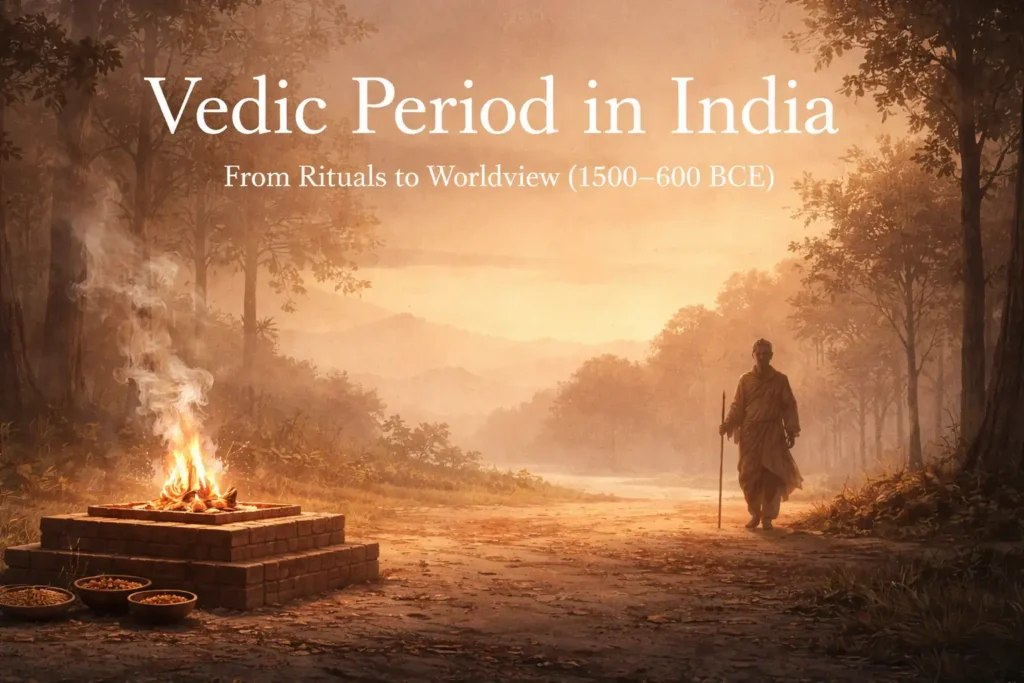




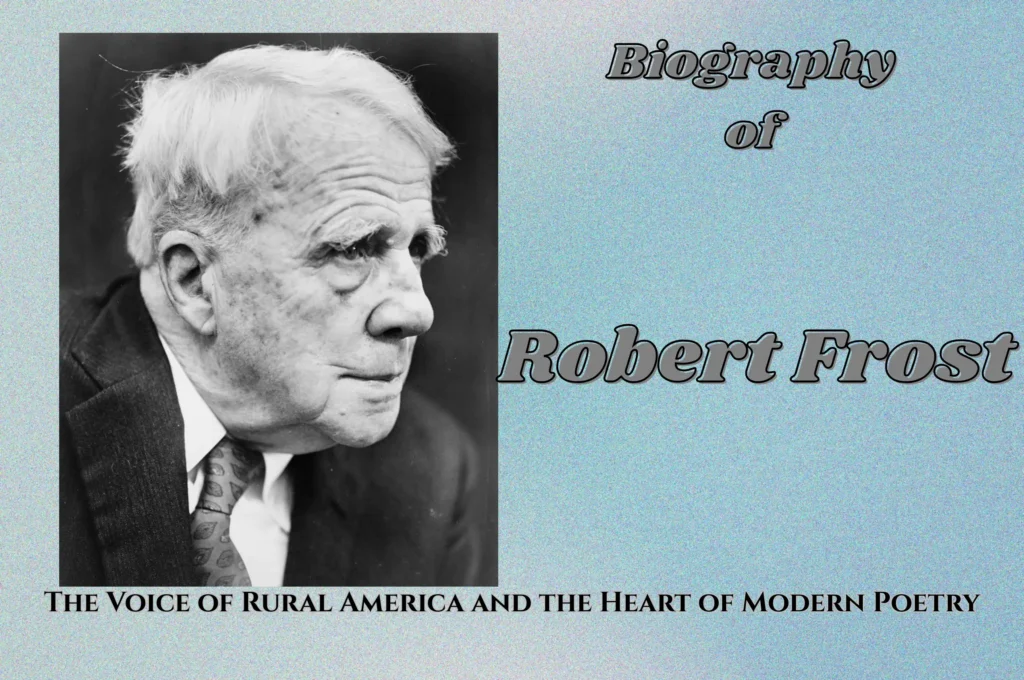






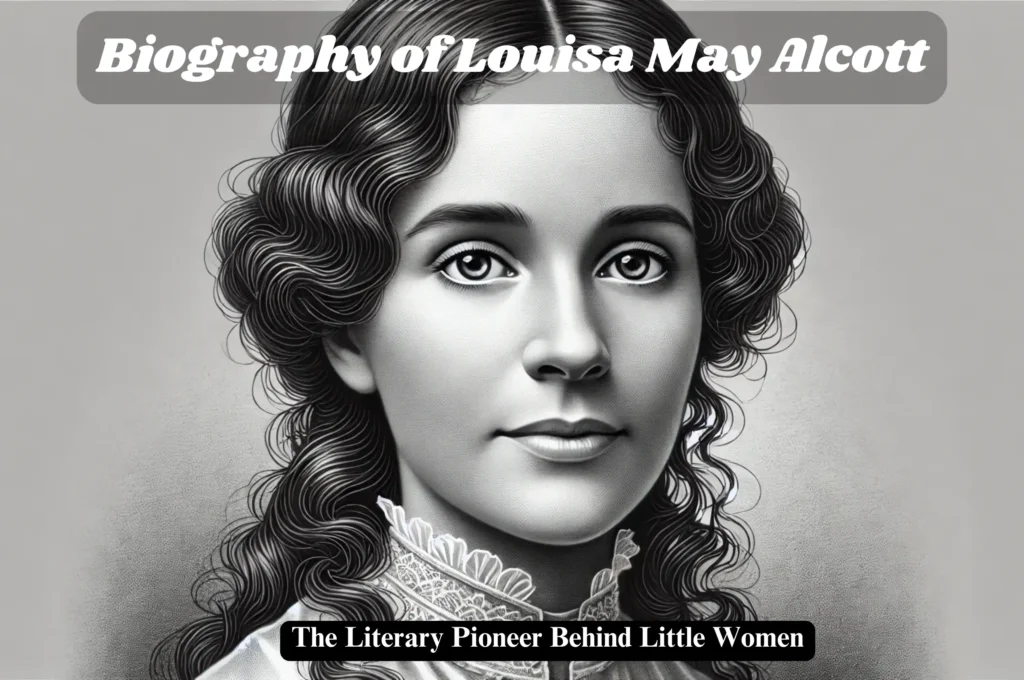

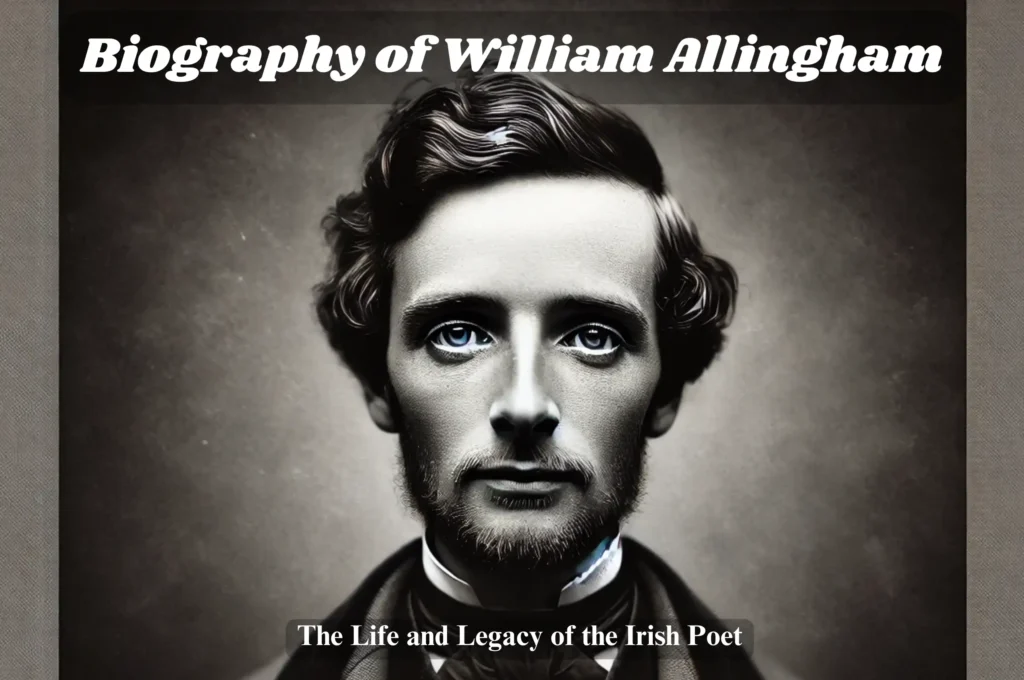
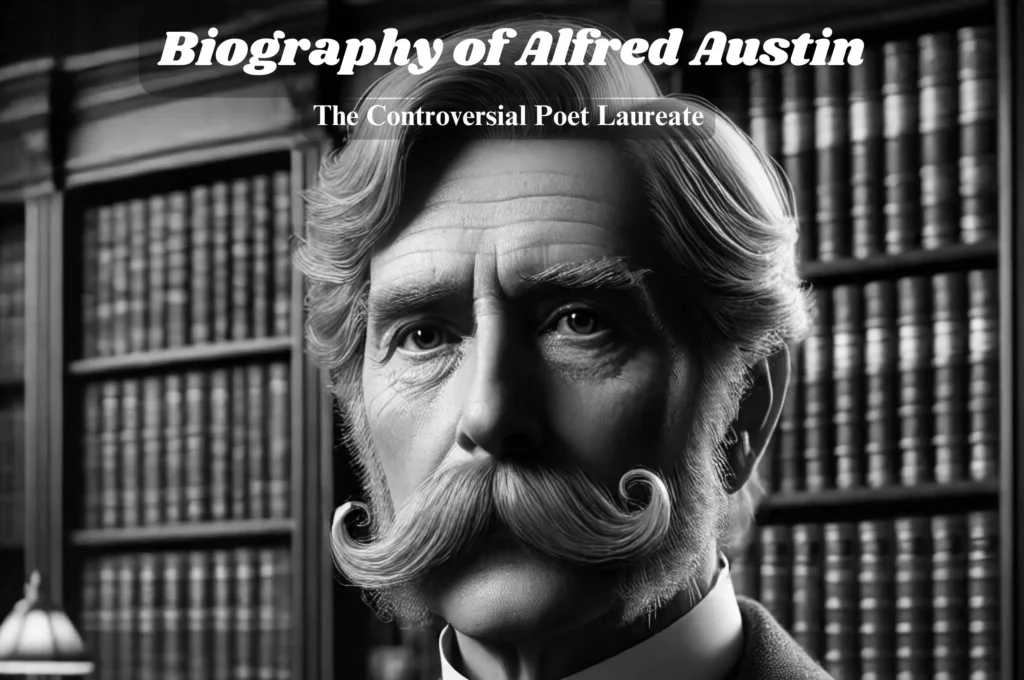
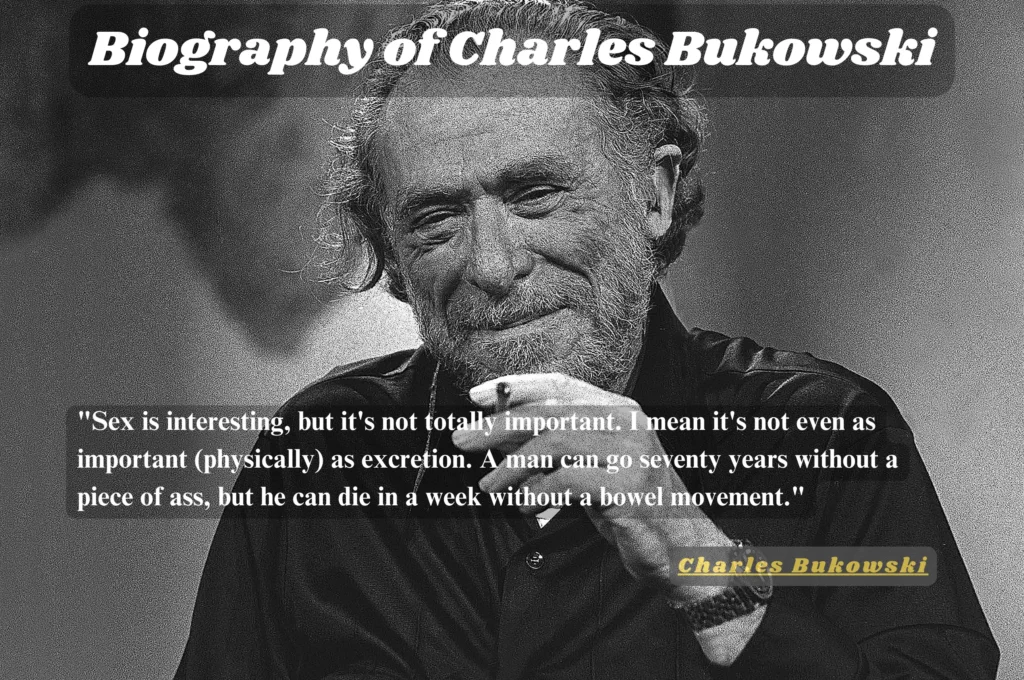

This excellent website certainly has all the info I needed about this ssubject and didn’t
know whoo to ask.